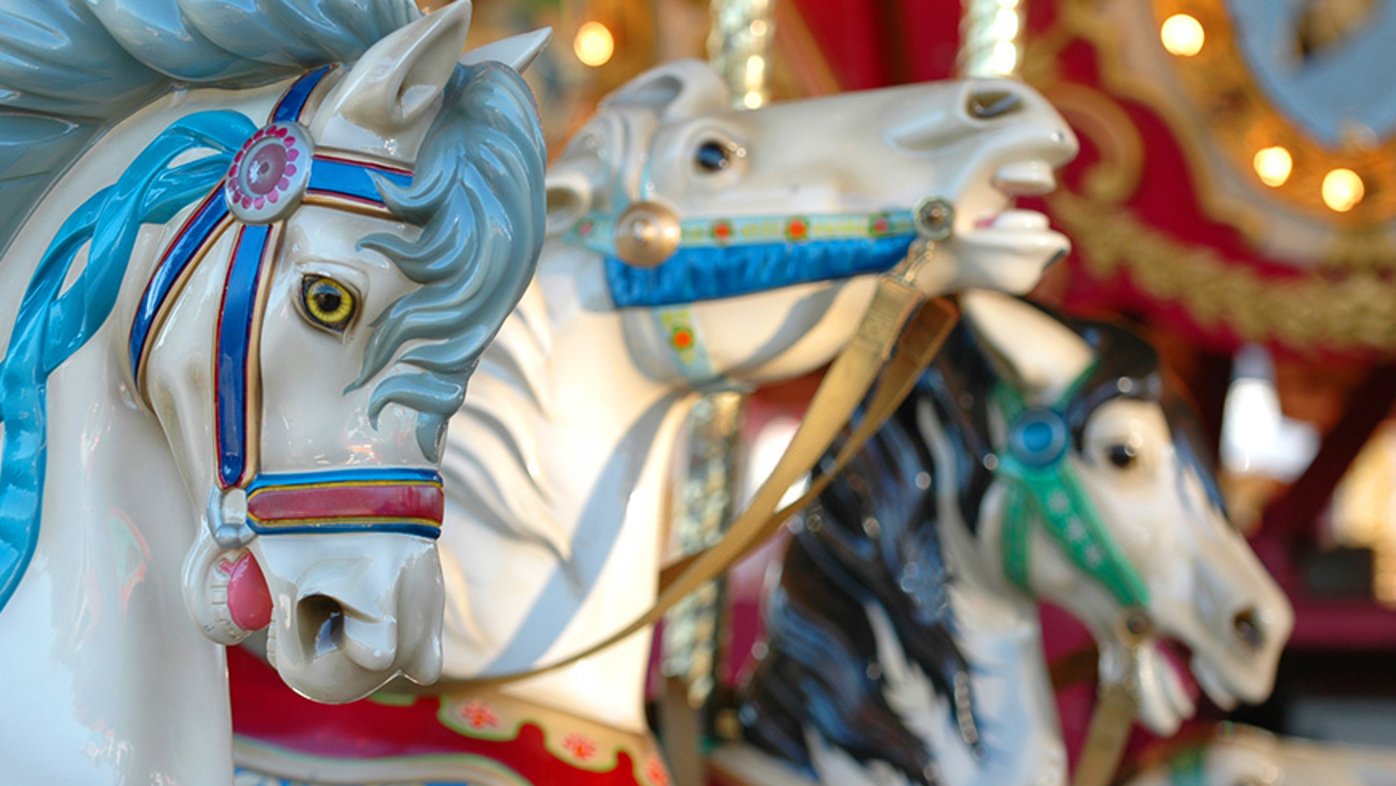
Your summer fair checklist
Don’t forget to pack these 6 things to stay safe and healthy at the county fair.
Whether in the middle of dinner or in a quiet movie theater, everyone finds themselves in a place that is less than ideal to let out a huge achoo. The idea of holding in your sneeze seems sensible when there is no tissue nearby, but the real question is: Is it safe to do?
According to Dr. Corinne Yarbrough, an internal medical doctor with Sharp Rees-Stealy, holding in your sneeze forces high-pressure air into the Eustachian tubes — located behind your cheekbones — and could result in a ruptured eardrum.
“There are even reports of rib fractures and ruptured tracheas from suppressed sneezes,” she adds. “An injury from holding in a sneeze is exceedingly rare, but it can happen.”
Sneezing is the result of a biological reflex to defend your body against pathogens and irritants. “When certain stimuli are introduced, like pepper, an allergen or cold temperature, small nerves are stimulated, triggering a reflex that causes the sneeze and expels that pathogen,” describes Dr. Yarbrough.
“When you sneeze, the reflex first causes tightening of the muscles of the throat, eyes and mouth, followed by relaxation of the throat while the chest muscles contract,” she says.
The next part is not for the faint of heart: When you sneeze, air is forced out of your nose at about 100 miles per hour, taking mucus and germs along for the ride. Picture the mucus of your sneeze traveling faster than you would drive on the freeway.
The only real difference between a sneeze caused by a cold and one from a trigger substance like pepper, Dr. Yarbrough says, is that a sneeze from a cold would carry a high amount of viral particles, making you more likely to spread infection.
So, if you find yourself in the middle of a meeting and a sneeze is brewing, remember this warning and don’t hold it in. “If you need to lessen the force of a sneeze — for example after facial surgery — it would be better to go ahead and sneeze, but with your mouth open,” offers Dr. Yarbrough. “Plugging your nose is not recommended.”
Dr. Yarborough answers these three additional sneeze myths:
Does looking at a light stop you from sneezing?
Sudden exposure to a bright light can actually trigger a sneeze rather than suppress it, as can a dramatic change in temperature.
Does it help to hold your finger under your nose to stop from sneezing?
This can help someone delay a sneeze, but it is likely that the stimulus will still be there and the sneeze will still occur.
Does your heart stop when you sneeze?
No, your heart does not stop when you sneeze.
Our weekly email brings you the latest health tips, recipes and stories.